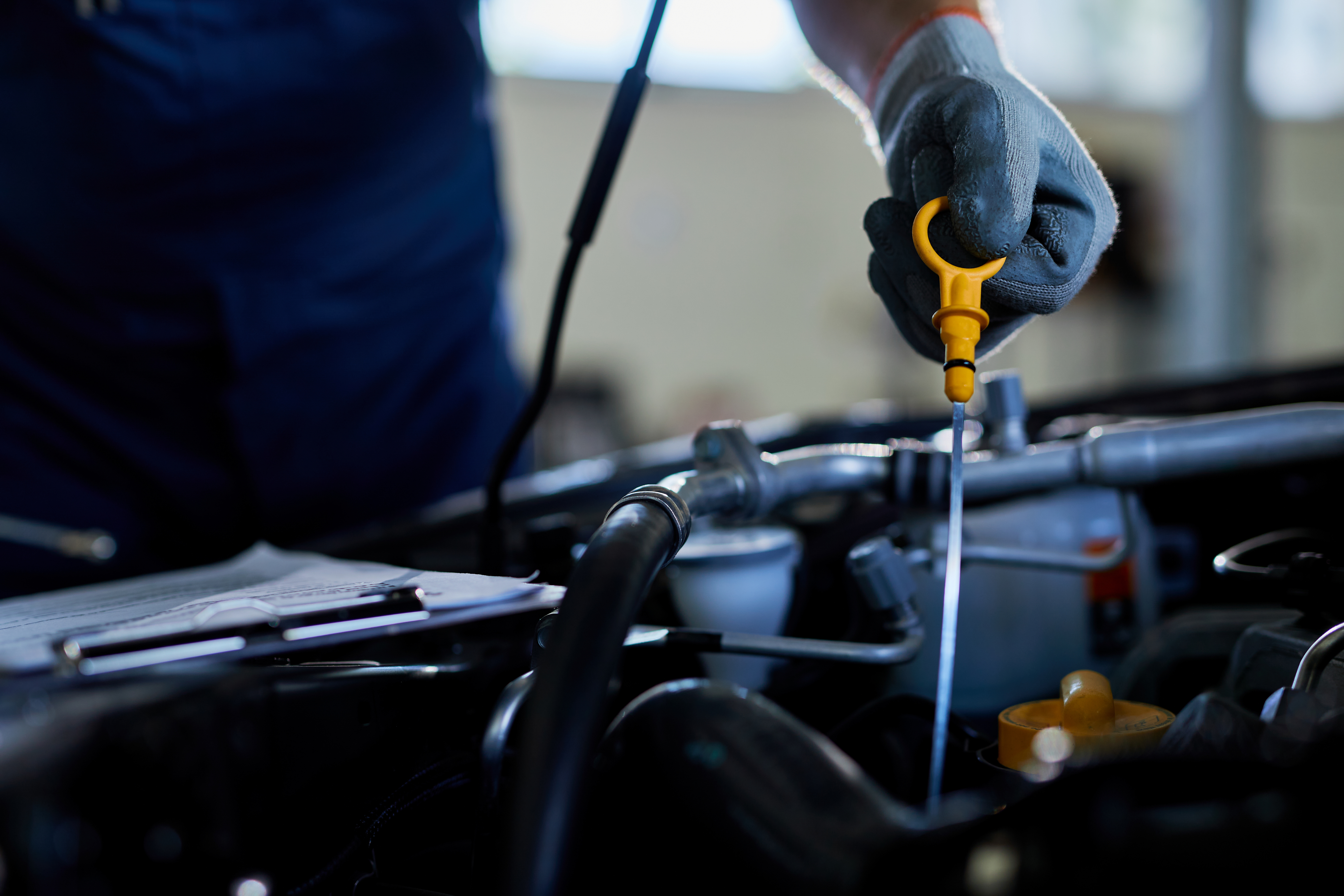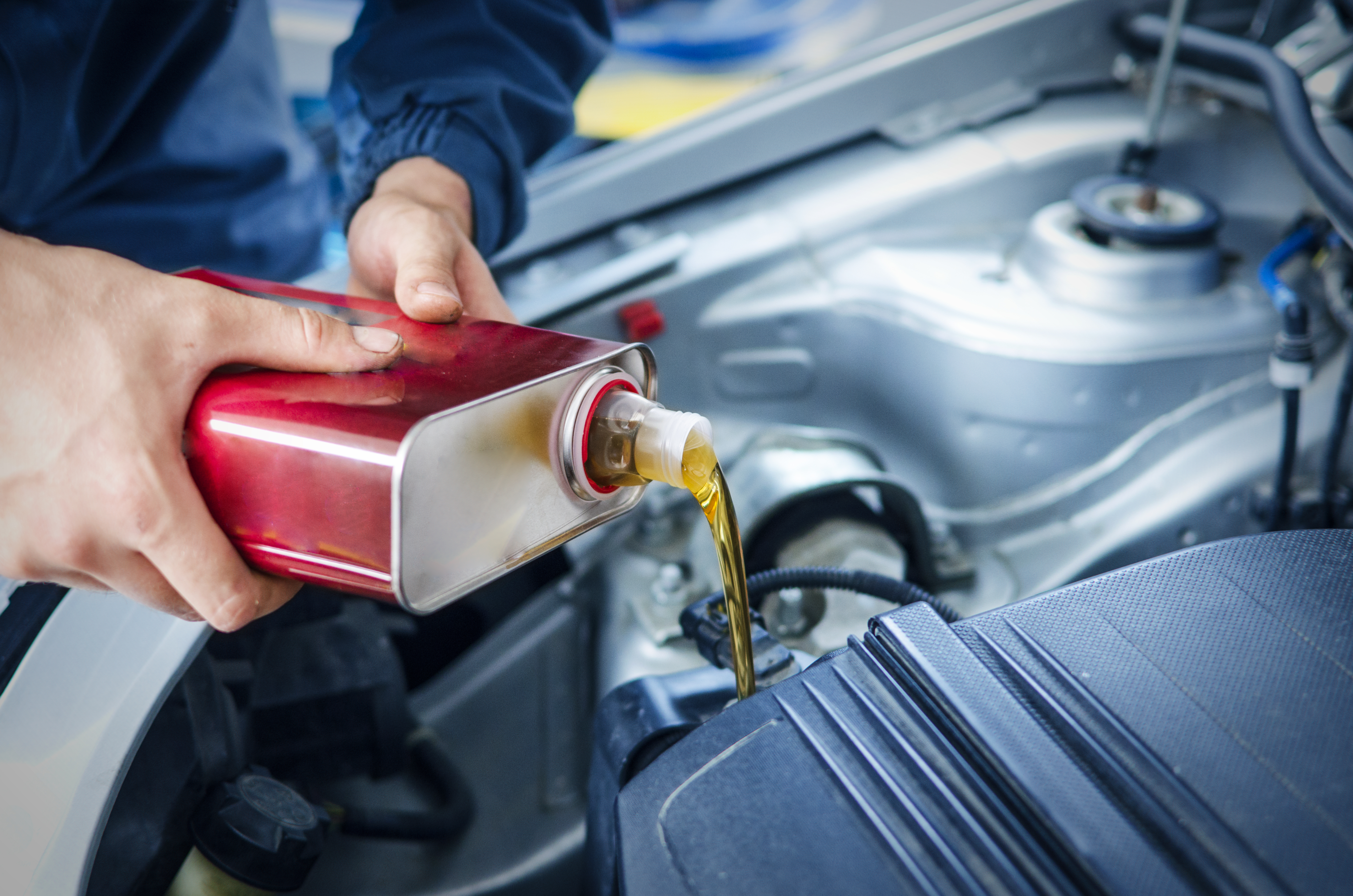Routine Maintenance
Routine Maintenance is essential for keeping your car in optimal condition, ensuring safety, reliability, and longevity. Regularly scheduled maintenance helps prevent potential issues, identifies problems early on, and extends the lifespan of your vehicle. Here’s a guide to common routine maintenance tasks for cars:
Oil Changes
Regular oil changes are crucial for engine health. Follow the manufacturer’s recommendations for oil change intervals, typically every 5,000 to 7,500 miles.
Fluid Checks and Changes
Check and top off fluids regularly, including coolant, brake fluid, transmission fluid, power steering fluid, and windshield washer fluid. Follow your vehicle’s manual for recommended change intervals.
Brake Inspection
Regularly inspect brakes for wear and tear. Replace brake pads and shoes as needed, and have the brake system checked during routine maintenance.
Air Filter Replacement
Replace the engine air filter as recommended in your vehicle’s manual. A clean air filter promotes proper airflow and improves fuel efficiency.
Battery Check
Inspect the battery for corrosion and check the voltage regularly. Replace the battery if it shows signs of weakness or is reaching the end of its life.
Spark Plug Replacement
Replace spark plugs according to the manufacturer’s recommendations. This ensures proper combustion and contributes to fuel efficiency.
Alignment and Suspension Check
Have your vehicle’s alignment and suspension system inspected regularly to prevent uneven tire wear and maintain stability on the road.
Timing Belt Replacement
Replace the timing belt at the recommended intervals to prevent engine damage. Refer to your vehicle’s manual for the specific replacement schedule.
Exhaust System Inspection
Regularly inspect the exhaust system for leaks, rust, or damage. Address any issues promptly to prevent emissions problems. Cooling System Maintenance: Check the radiator, hoses, and coolant levels regularly. Flush and replace the coolant as recommended in your vehicle’s manual.
Transmission Service
Follow the manufacturer’s recommendations for transmission fluid changes and have the transmission inspected for any signs of problems.
Remember to consult your vehicle’s owner’s manual for the manufacturer’s specific maintenance schedule and recommendations. Adhering to a regular maintenance routine not only keeps your car running smoothly but also helps you catch potential issues before they become major problems. If you’re unsure about any aspect of car maintenance, it’s always a good idea to consult with a qualified mechanic.





